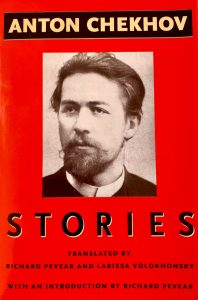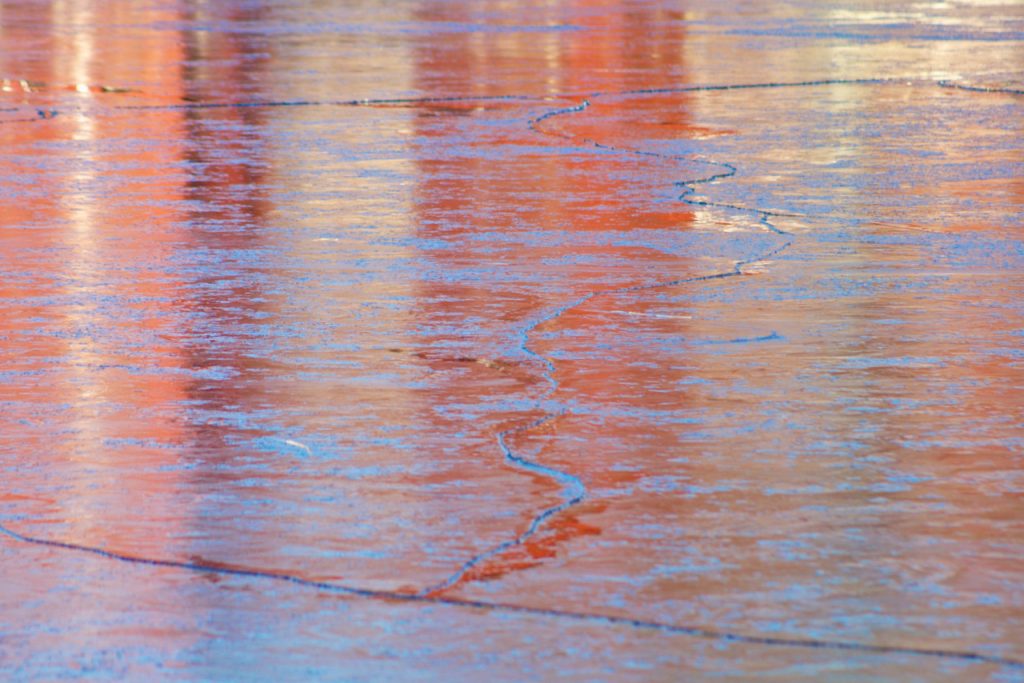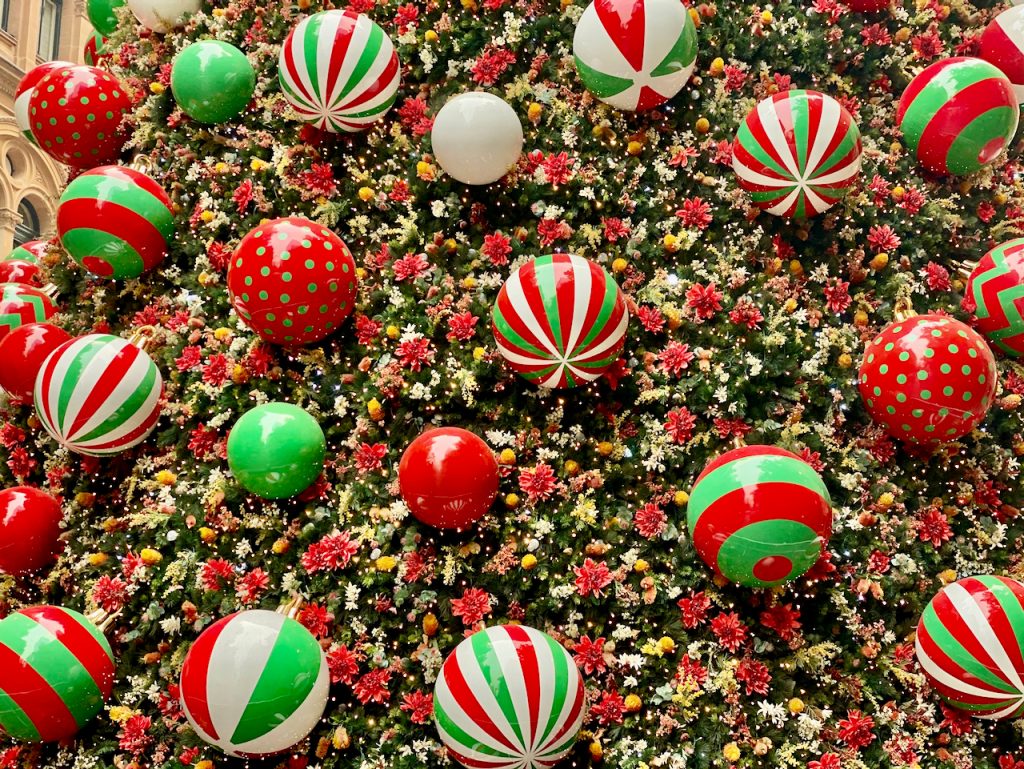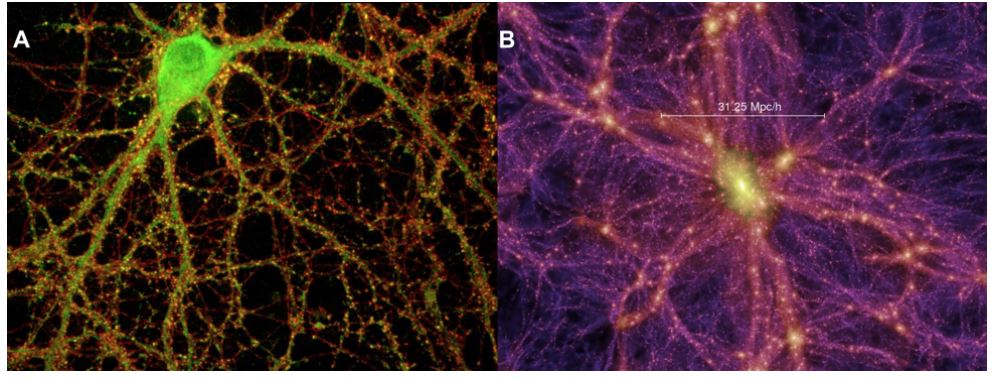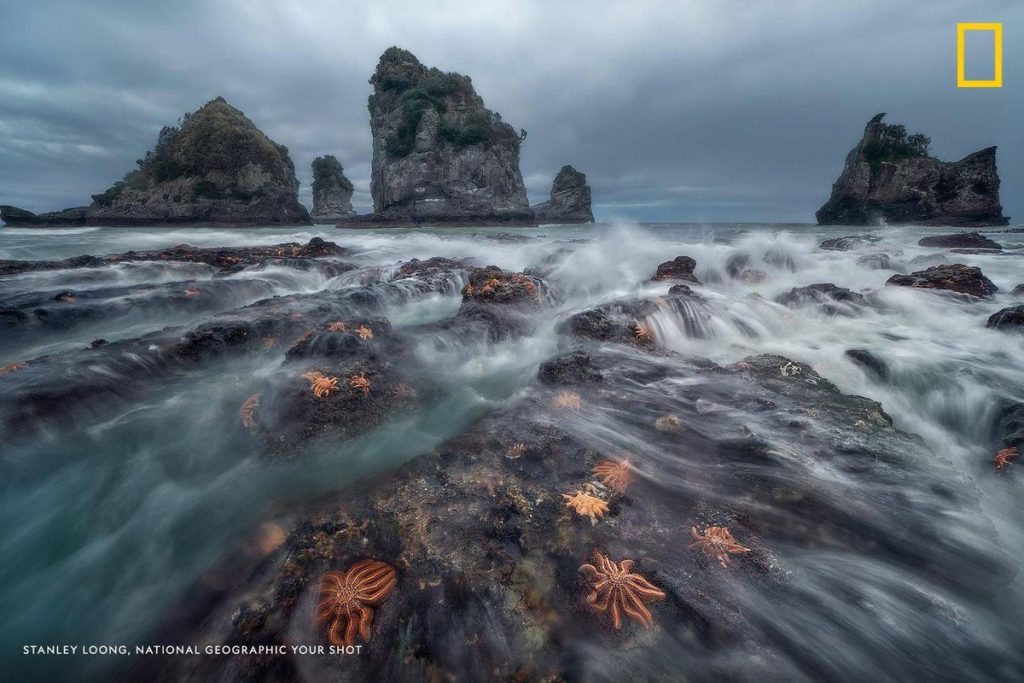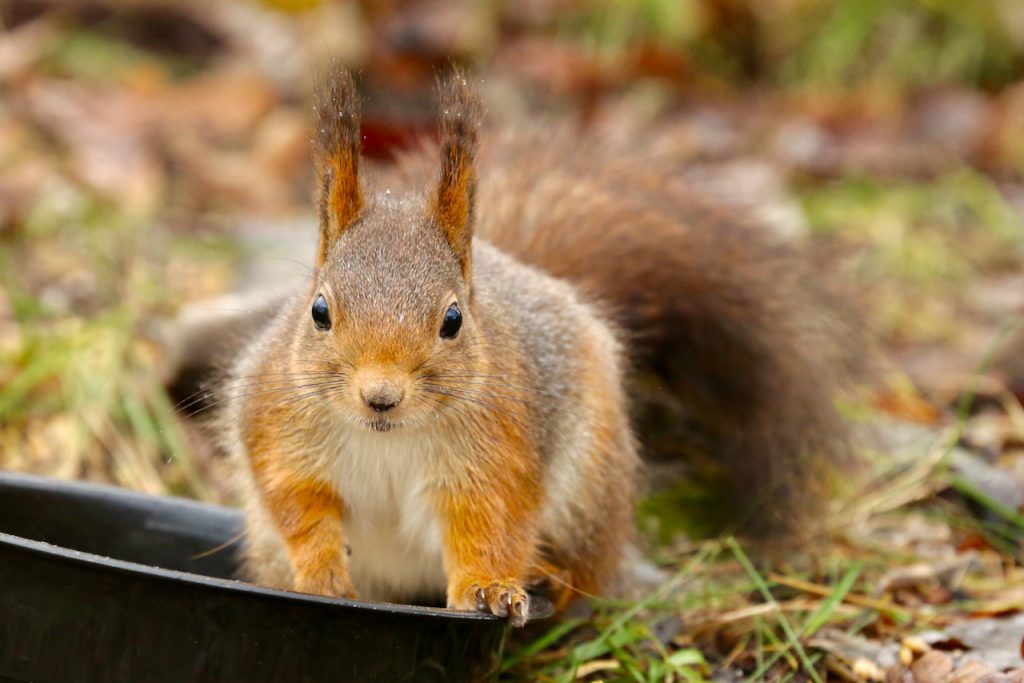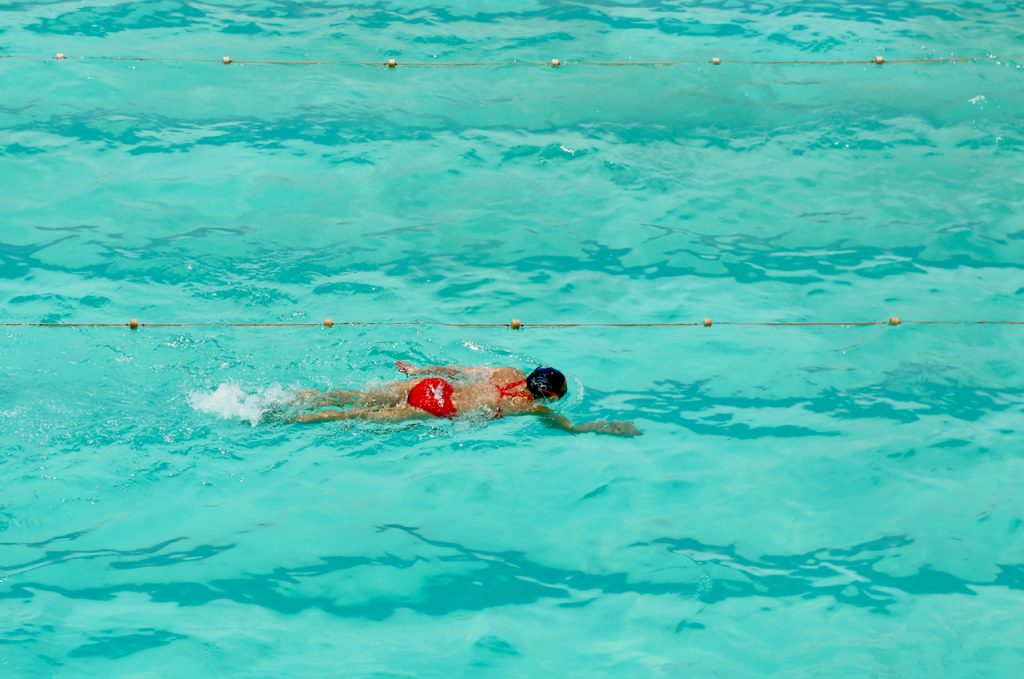Parul Sehgal, the book critic at The New York Times, called The Copenhagen Trilogy a masterpiece, and her recent brilliant review pushed the book at the top of my wish list.
How does great literature — the Grade A, top-shelf stuff — announce itself to the reader?
Nabokov spoke of the shiver between the shoulder blades. Emily Dickinson required more persuasion. “If I feel physically as if the top of my head were taken off,” she wrote in a letter, “I know that is poetry.”
I’m sorry to say that I occasionally experience it as the dishonorable and squirrelly impulse to hoard the book in question, to keep it my secret. This can prove difficult, as you might imagine, given my line. All of which is to say, I bring news of Tove Ditlevsen’s suite of memoirs with the kind of thrill and reluctance that tells me this must be a masterpiece.



